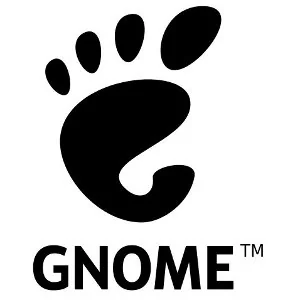GNOME 3.33.3 Released With Sysprof Profiling Integration, Other Improvements

Notable to GNOME 3.33.3 is the Sysprof profiling integration working its way through the key components like GJS and GTK. This Sysprof profiling integration is for developers to ultimately help optimize GNOME for better performance for end-users.
GNOME 3.33.3 also offers:
- The Epiphany web-browser has fixes around Web App migration, fixing up its password manager, and other corrections as well as the introduction of a mobile user-agent string.
- GJS now supports its profiler to be integrated directly into Sysprof for help in profiling performance bottlenecks in this GNOME JavaScript code.
- GLib-Networking has refactored its GLS code-base with the GnuTLS code now sharing the same base classes as the OpenSSL back-end.
- GNOME Maps now supports auto-completion on searches.
- GTK+ 3.24.9 is part of this release with its many fixes, support for XDG-Output on Wayland, sysprof profiling integration, and other changes.
- The GNOME NetworkManager applet now supports rendering a QR code into the applet's connection information dialog, among other improvements.
- GNOME's Sushi file previewer was rewritten to use GTK directly and drop its Clutter dependency.
- Various other fixes and improvements.
More details on GNOME 3.33.3 via the mailing list.
Up next on the GNOME 3.34 release schedule is the GNOME 3.33.4 development release for 17 July that will then be succeeded by the GNOME 3.34 beta on 7 August. If all goes well, the stable GNOME 3.34.0 release will happen on 11 September. GNOME 3.34 should be found in the likes of Ubuntu 19.10 and Fedora 31 this fall.
1 Comment

